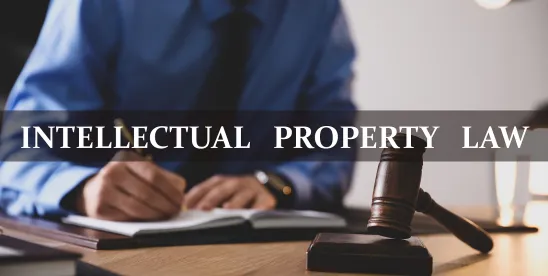The US Court of Appeals for the Federal Circuit partially reversed a decision by the Patent Trial & Appeal Board, effectively relaxing the nexus requirements for patent licenses pertaining to their usage as objective indicia of nonobviousness. Ancora Technologies, Inc. v. Roku, Inc. et. al., Case Nos. 23-1674; -1701 (Fed. Cir. June 16, 2025) (Lourie, Reyna, Hughes, JJ.) (per curium).
Ancora owns a patent directed to limiting software use on a computer through license verification. The patented technology centers on storing an “agent,” which is a license verification program, in a computer’s basic input/output system (BIOS) rather than in volatile memory. In 2021, Nintendo, Roku, and VIZIO separately filed petitions for inter partes review (IPR) challenging claims of Ancora’s patent. The Board consolidated the proceedings and ultimately found certain claims of the patent unpatentable as obvious over a combination of two prior art references: Hellman (which discloses storing license information in nonvolatile memory) and Chou (which discloses a BIOS-level security routine). Ancora appealed.
Ancora raised three issues on appeal:
- That the Board erred in construing the claim term “agent”
- That even if the Board correctly construed “agent,” it nonetheless erred in determining obviousness under 35 U.S.C. § 103 based on a combination of Hellman and Chou
- That the Board erred in its analysis of secondary considerations of nonobviousness.
The Federal Circuit affirmed the Board’s construction of “agent” to mean “a software program or routine” with no further limitations. The Court disagreed with Ancora’s argument that “agent” was limited to use in software only, primarily because neither the patent nor prosecution history provided any disclaimer of hardware. For similar reasons, the Court also disagreed with Ancora’s argument that “agent” was limited to use at the operating-system level.
On the obviousness determination, the Federal Circuit upheld the Board’s conclusion that the combination of Hellman and Chou rendered the claims prima facie obvious. The Court rejected Ancora’s argument that the Hellman/Chou combination would not provide motivation to combine since they are redundant.
The Federal Circuit disagreed with the Board’s analysis of the objective indicia of nonobviousness, particularly the treatment of Ancora’s licensing evidence. The Board found that Ancora failed to establish a sufficient nexus between the claimed invention and evidence of two objective indicia of nonobviousness: industry praise and licensing.
The Federal Circuit agreed with the Board on industry lack of nexus for the alleged praise (where the Board found that praise for the invention in a press release and an agreement between Ancora and another company offering products using the patent was directed broadly to the patent and not specifically to the challenged claims). However, the Court found that the Board erred regarding the appropriate nexus as it relates to Ancora’s licensing evidence.
The Board found that Ancora failed to show a nexus between the challenged claims and two licenses it obtained through settlement agreements in other cases. The Federal Circuit disagreed, finding that the Board applied an overly stringent nexus standard inconsistent with precedent. While products may require detailed analysis to show a nexus because of the presence of unclaimed features, the Court explained that licenses, by their nature, are directly tied to the patented technology and do not require the same level of scrutiny. The Court also agreed with Ancora that the substantial license payments, the defendants’ awareness of relevant prior art, and the fact that the licenses covered all of the challenged claims supported a nexus. Additionally, the Court found that the Board misread one of the licenses and failed to properly evaluate its significance. Concluding that the Board erred in its analysis of secondary considerations, the Court remanded the case for reconsideration of the nexus issue as it pertains to Ancora’s licensing evidence.



 />i
/>i
